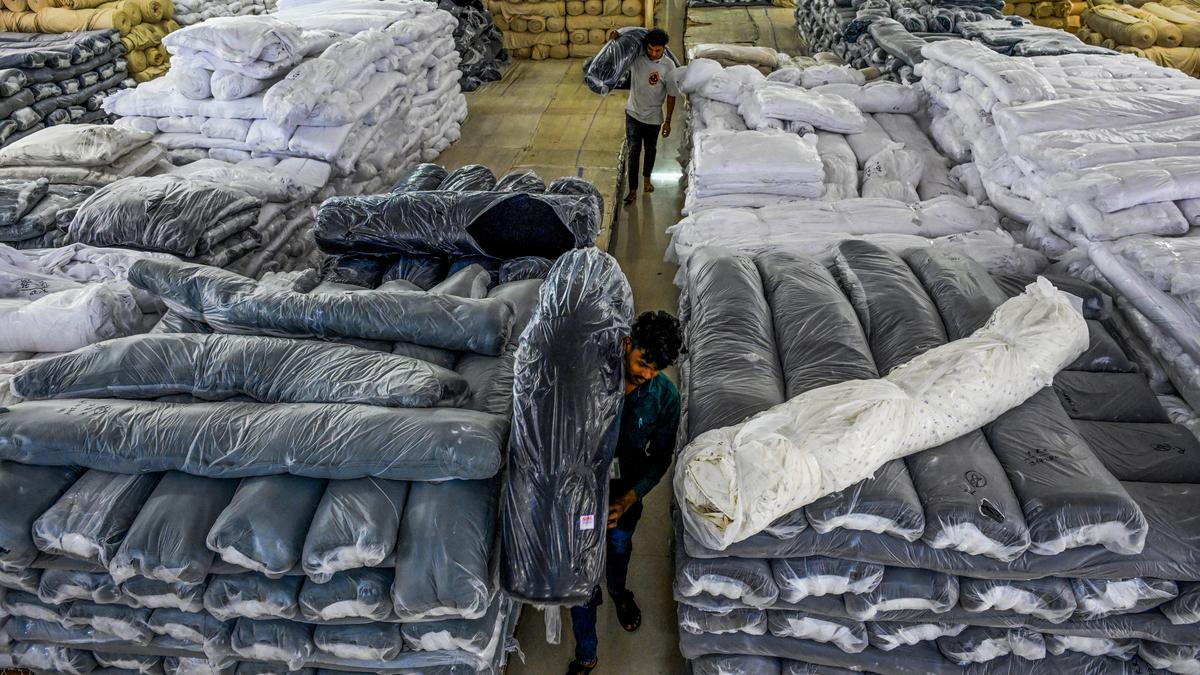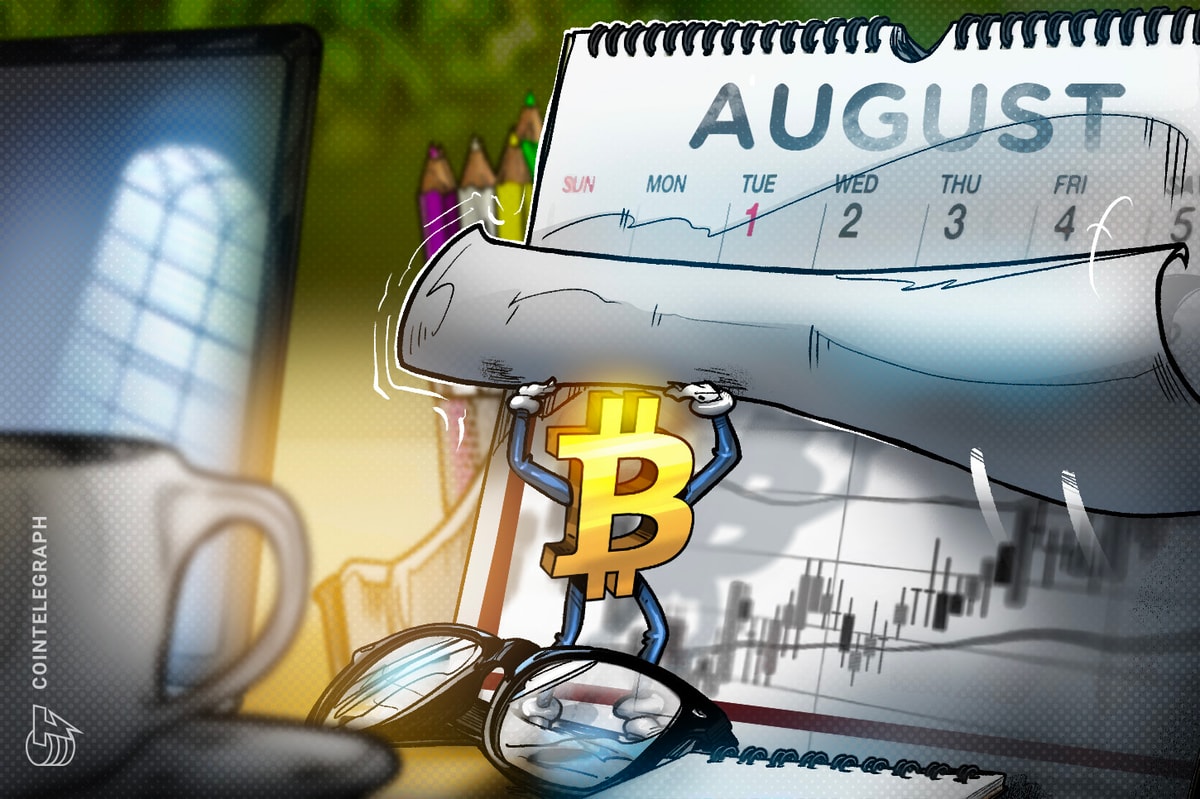A day before the U.S. tariffs kick in, Prime Minister Narendra Modi called upon Indians to be vocal for local and said Swadeshi should be their life’s mantra.
In his nearly 30-minute long speech the PM did not mention a word on the tariff, the impact it would have on various sectors as well as MSMEs and did not take the name of either U.S. or U.S. President Trump. However, he emphasised the lasting and trusted relationship with Japan and Japanese companies which have given a boost to make in India and make for the world initiatives.
Today is a special day in India's quest for self-reliance and being a hub for green mobility. At the programme in Hansalpur, e-VITARA will be flagged off. This Battery Electric Vehicle (BEV) is made in India and will be exported to over a hundred nations. In a big boost to our…
— Narendra Modi (@narendramodi) August 26, 2025“Japan will be our trusted partner to achieve our 2047 goals. We are made for each other and are trusted partners. You [Indians] should be vocal for local and Swadeshi should be your life’s mantra,” Mr Modi said.
“Anything made in India irrespective of the foreign investor or the colour of the currency used [for the factory], should be considered Swadeshi including the cars manufactured by Japan’s Suzuki in India by the sweat and engineering silks of Indians,” Mr Modi said on Tuesday.
He was speaking at function organised by Suzuki Motor Corporation in Hansalpur in Gujurat to mark the production of e- Vitara and local production of hybrid battery electrodes at TDS Lithium-Ion Battery plant in Gujarat.
The PM inaugurated and flagged off the “e Vitara”, Suzuki’s first Made-in-India global Battery Electric Vehicle. These made in India and made for the world electric vehicles will be exported to 100 countries including U.K., Europe and Japan.

In this screengrab from a video released on Aug. 26, 2025, Prime Minister Narendra Modi with Gujarat Chief Minister Bhupendra Patel and others, during a flagging off ceremony of Maruti Suzuki’s first electric vehicle e-Vitara from Hansalpur manufacturing facility, Gujarat. Source: YouTube/Narendra Modi
The Hybrid Battery Electrode manufacturing also began on Tuesday and will power eAmbulances under the central government scheme and other hybrid vehicles to reduce carbon footprint.
Stating that clean energy and clean mobility represent the future of India, Mr Modi emphasized that through such efforts, India was rapidly emerging as a reliable hub for clean energy and clean mobility.
Underlining that the most critical component of the EV ecosystem is the battery, the Prime Minister said that until a few years ago, batteries in India were entirely imported. He added that to strengthen EV manufacturing, it was essential for India to begin domestic battery production.
He announced that under a new initiative by TDSG, three Japanese companies will jointly manufacture battery cells in India for the first time.
He added that battery cell electrodes will also be produced locally within India. The Prime Minister emphasized that this localization will empower India’s self-reliance. He remarked that this will accelerate the growth of the hybrid electric vehicle sector.
“India will not stop here; in sectors where India has performed well, the goal is to achieve even greater excellence”, asserted the Prime Minister underlining that the government was prioritizing Mission Manufacturing to drive this progress.
The PM said the “Make in India” initiative has created a favourable environment for both global and domestic manufacturers. He said in the future the focus would be on futuristic industries.
Talking about how the semiconductor sector is taking off, with six plants set to be established across the country, Mr Modi affirmed the commitment to further advance semiconductor manufacturing in India.
Mr Modi added that the Government of India was also attentive to the challenges faced by the auto industry due to shortages of rare earth magnets.
To strengthen national capabilities in this area, he mentioned about the launch of the National Critical Mineral Mission. Under this mission, over 1,200 exploratory campaigns would be conducted across various locations in India to identify critical minerals, he said.
Prime Minister announced that he would be visiting Japan next week and emphasised that the relationship between India and Japan went far beyond diplomatic ties—”it is rooted in culture and mutual trust,” he said.
The Prime Minister noted that at a time when the world was grappling with supply chain disruptions, India’s policy decisions over the past decade proved highly effective.
He stated that India was working to make its manufacturing sector efficient and globally competitive.
He added that industrial corridors were being developed to support the vision of 2047 as well as plug-and-play infrastructure and logistics parks were being established across the country.

.jpg) 1 week ago
1
1 week ago
1






















 English (US) ·
English (US) ·